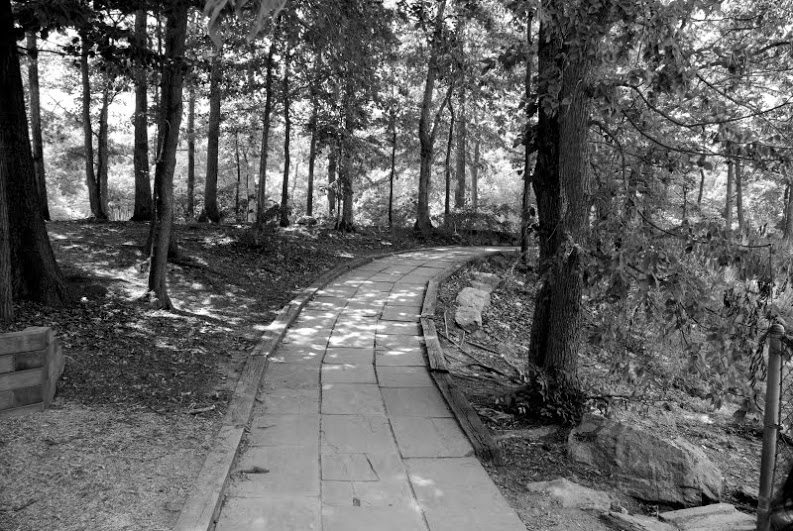Continued from last week here:
Likutey Moharan I:282 – Week 1
It has been seven years since I last really spent time learning and trying to live the advice in this lesson. When I learned it seven years ago, I did not practice hisbodedus consistently, nor did I make this lesson the subject of my hisbodedus. Nevertheless, the Rebbe’s lesson had a transformative impact on how I viewed myself. Previously, I had low self-confidence and was often self-effacing. Applying the Rebbe’s advice to constantly search out my nekudos tovos (good points) worked wonders for me and helped me return to a proper equilibrium.
Deciding to return to the lesson of Azamra again now, I realized that I need to shift the focus to finding the nekudos tovos in others. This realization came after spending one morning in hisbodedus focused on an incident the night before where my wife had reprimanded me for habitually interrupting her.
“You always are cutting me off,” she said. And she was right.
I asked Hashem for insight into why I repeatedly did this and came to understand that my interrupting stemmed from ga’avah (arrogance); thinking that what I had to say was more important or insightful than what she was going to say. I was more focused on “taking” to build up my ego through talking, rather than “giving” by lending my ears (and eyes) to her when she was speaking.
When I further boiled it down, I came to understand that more often than not that the mouth is a tool of ga’avah while the ears are a tool of anavah (humility). Yet, I wondered why Hashem placed the mouth in the center of my face and my ears on the side of my head. The answer came on Shabbos morning when one of my children related something their music teacher had told them that week, “Your ears are on the side of your head so you can hear others. If you ears were on the front of your face, you would only hear yourself.”
Despite the fact that this statement was made in relation to a person playing an instrument along with a band, its connection to Azamra was was immediately apparent to me. I understood that I needed to listen more and speak less (and certainly never interrupt!). By making an effort to listen more, I could start tuning into the unique melodies made from others’ nekudos tovos. Once aware, I could then say in my mind, “Hashem, You created this person with good points that only they possess. Please show me what I am to learn from this person and why I have encountered them today.”
Next week, I will plan to write about what I discovered as I continued trying to live this lesson.

